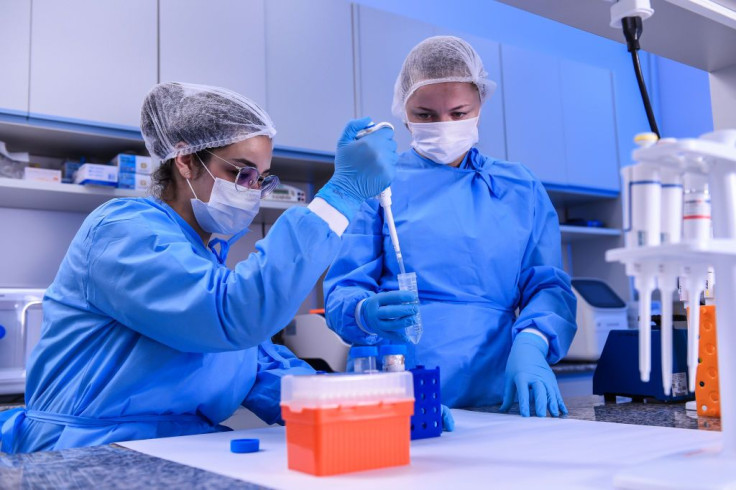
The sheer negligence towards the needs of frontline workers in the face of the COVID-19 crisis has become a subject of concern among scholars, not-for-profit leaders, former regulators, and of course the families of medicos’ world over.
While the centers for Disease Control and Prevention (CDC) had recently maintained that surgical masks are “an acceptable alternative” to the highly protective N95 respirators under normal scenarios unless they are required to perform intubations and related procedures on the patients.
The truth about surgical masks: The assumption, however, has amassed a lot of flak in the recent past, as experts believe the move could put the lives of millions of medical professionals at risk. In a way, the observations now seem obsolete as the allowance for surgical masks were feasible at a time when scientists initially gauged that the virus was spread by large droplets. But, recent studies have proven that the virus is spread by minuscule viral particles that have the capacity to survive for as long as 16 hours in the air.
This is precisely why a well-fitted N95 respirator is the need of the hour, as these protective masks come with the capacity to block 95% of the air particles. On the other hand, South Korean researchers opine that surgical masks aren’t great at blocking minuscule particles that are tinier than 100 microns— the COVID-19 particles are smaller than 0.1micron.
Despite this finding, as per the national Teamsters Union; a whopping 64 percent of healthcare workers did not have access to N95 respirators. What’s devastating to note is that nurses in New York—the center of the U.S.’ outbreak— were given surgical masks to wear while treating COVID-19 cases. This data was procured through an affidavit submitted by Lisa Baum, the lead occupational health and safety representative for the New York State Nurses Association (NYSNA).
Going by the latest statistics provided by a House education and labor committee staffer briefed by the CDC, over 21,800 medical workers were tested positive in the COVID-19 outbreak, while 71 lives were lost. In a shocking reveal of sorts, there are popular reports from Kentucky, Florida, and California reveal that nurses were pressured to step down upon bringing their own N95 respirators to work. The spokesperson for Michigan Medicine is yet to comment on the same.
What's next: Currently, the National Nurses United has put forth a request for Washington lawmakers to pass legislation to up the production of N95s by urging the White House to implement the Défense Production Act, a Korean War-era law that enables the federal government to carry out direct private business transactions during emergencies. The entity is also calling on Congress to allow a mandate for employers to provide protective gear to health care workers across the spectrum.
© 2025 Latin Times. All rights reserved. Do not reproduce without permission.




